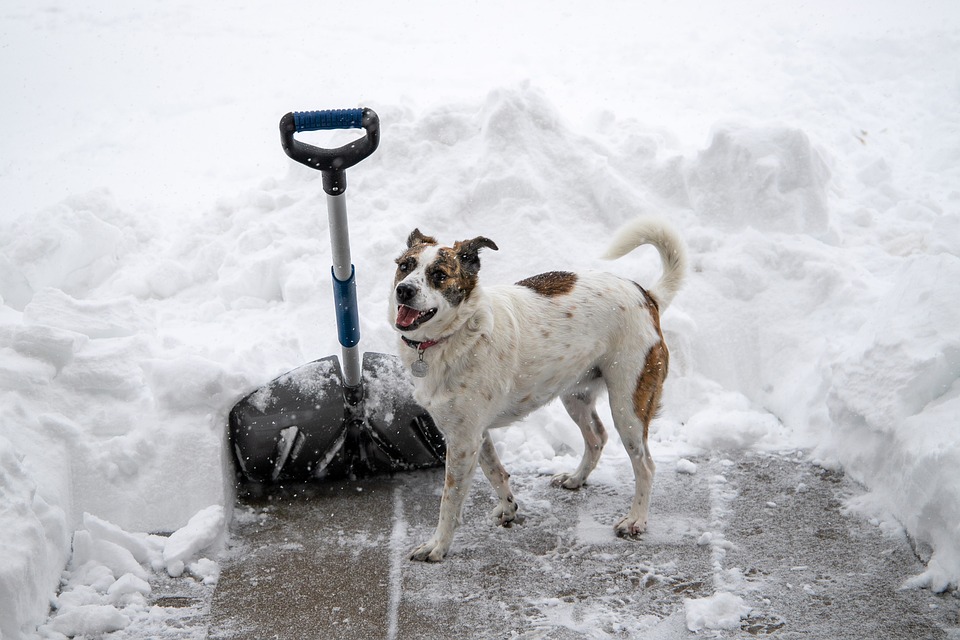Chewing is a natural behavior for dogs, but destructive chewing can be a problem for both the dog and the owner. It can lead to damaged belongings, potential health risks for the dog, and frustration for the owner. However, with the right strategies, destructive chewing can be prevented.
One of the first steps in preventing destructive chewing is understanding the reasons behind it. Teething is a common cause, as puppies chew to relieve discomfort. Boredom, separation anxiety, lack of exercise, and lack of proper chew toys are also contributing factors.
Here are seven effective strategies to prevent destructive chewing in dogs:
1. Provide Appropriate Chew Toys: Giving your dog appropriate chew toys is crucial. Look for toys specifically designed for chewing, such as rubber toys or dental chews. Avoid toys that resemble items you don’t want your dog to chew, as this can confuse them.
2. Puppy-Proof Your Home: If you have a puppy, it’s important to puppy-proof your home. Remove any valuable or dangerous items from your puppy’s reach. Use baby gates or closed doors to restrict access to certain areas until your puppy learns what is appropriate to chew.
3. Keep Your Dog Mentally and Physically Stimulated: Boredom is a significant cause of destructive chewing. Ensure your dog gets enough physical exercise and mental stimulation. Daily walks, interactive games, and puzzle toys can keep them engaged and tire them out.
4. Use Positive Reinforcement Training: Positive reinforcement training can be highly effective in preventing destructive chewing. When you catch your dog chewing on an appropriate item, praise and reward them. If you catch them chewing on something they shouldn’t, redirect their attention to a chew toy and reward them when they engage with it.
5. Address Separation Anxiety: Dogs with separation anxiety may chew as a way to cope with stress. It’s crucial to address the underlying issue. Consult with a professional dog trainer or behaviorist to develop a training plan that helps your dog feel more comfortable when left alone.
6. Consider Crate Training: Crate training can be an effective way to prevent destructive chewing. Dogs are den animals, and crates provide them with a safe and secure space. When properly introduced to the crate, dogs will view it as their personal sanctuary and are less likely to chew destructively when confined.
7. Seek Professional Help if Needed: If your dog’s destructive chewing persists despite your efforts, it’s best to seek professional help. A veterinarian or a certified dog behaviorist can assess your dog’s behavior and provide tailored solutions to address the issue effectively.
In conclusion, destructive chewing in dogs can be prevented by understanding the reasons behind it and implementing effective strategies. Providing appropriate chew toys, puppy-proofing your home, keeping your dog mentally and physically stimulated, using positive reinforcement training, addressing separation anxiety, considering crate training, and seeking professional help if needed are all effective ways to prevent destructive chewing. By following these strategies and being patient and consistent with your training, you can save your belongings and keep your dog happy and healthy.









